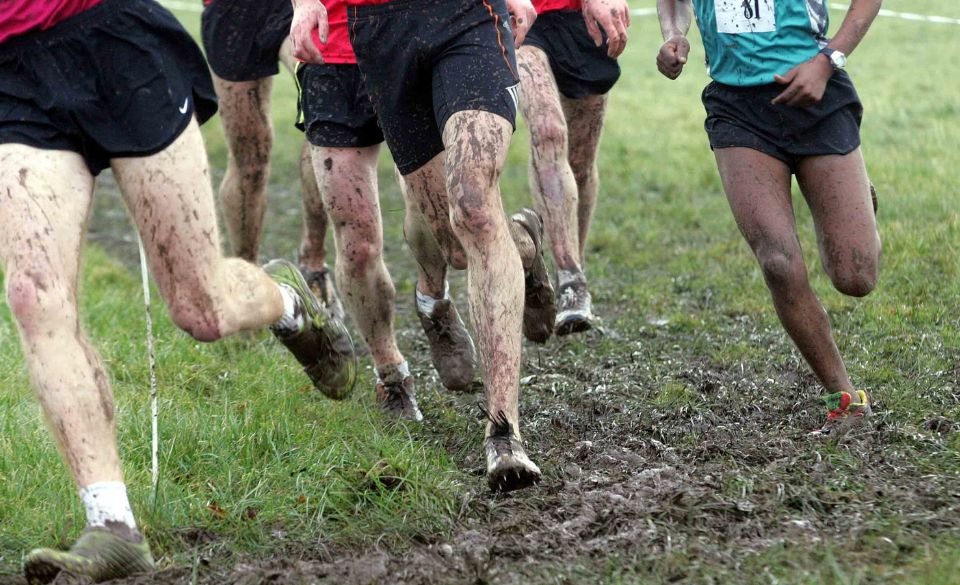
Track vs Cross Country: The Differences Every Runner Should Know
Page Contents
Running is a fantastic way to keep fit, and whether you’re a seasoned athlete or a beginner, there are plenty of different running disciplines to explore. Two popular options are track and cross country running, both of which have their own unique characteristics and challenges. In this article, we’ll explore the differences between the two sports, and help you decide which one might be right for you.
Track Running
Track running is performed on an oval track, usually around 400 meters in length. It typically involves sprinting or middle distance running, with events ranging from 100 meters to 10,000 meters in length. Runners compete in lanes and must stay within their designated lane throughout the race. Track running is often seen as a more technical sport, requiring runners to perfect their form, footwork, and pacing. It’s also a highly competitive discipline, with athletes vying for Olympic medals and world records.
One of the biggest advantages of track running is the consistent and predictable surface. The track is a flat, well-maintained surface, which means that runners can focus on their form and technique without worrying about unexpected obstacles or terrain. This makes it an excellent choice for speed training and for achieving new personal best times.
Another advantage of track running is the ease of measuring distance and pace. The track is marked every 100 meters, which makes it easy to monitor your progress and adjust your pace accordingly. Many runners find that this level of precision helps them to push themselves harder and achieve their goals.
Cross Country Running
Cross country running takes place over natural terrain, usually over a distance of 5-10 kilometers. The terrain can vary widely, from flat grassy fields to steep hills and muddy trails. Runners must navigate the course, which can be challenging due to uneven surfaces, obstacles, and changing weather conditions. Cross country running is often seen as a more adventurous and physically demanding sport, requiring runners to be strong, agile, and mentally tough.
One of the biggest advantages of cross country running is the opportunity to connect with nature. The changing terrain and weather conditions can make each race a unique experience, and many runners find that the natural environment helps them to relax and enjoy their surroundings. This can be a great way to reduce stress and improve mental health.
Another advantage of cross country running is the full-body workout it provides. The uneven terrain and obstacles require runners to use a wider range of muscles than they would on a flat track. This can help to improve overall fitness, strength, and balance.
Choosing Between Track and Cross Country Running
So, which one should you choose? The answer depends on your goals, fitness level, and personal preferences.
If you’re interested in improving your speed and technique, and you enjoy the thrill of competition, track running might be a good choice for you. It’s also a great option if you’re looking for a consistent and predictable surface to train on.
On the other hand, if you enjoy the challenge of navigating varied terrain, and you’re looking for a full-body workout, cross country running might be a better fit. It’s also a great way to connect with nature and improve your mental health.
Ultimately, the best way to decide which discipline is right for you is to try them both out. Many runners find that they enjoy both track and cross country running, and choose to participate in both throughout the year. The most important thing is to find a sport that you enjoy and that helps you to achieve your fitness goals.
Final Words
Whether you’re interested in track or cross country running, there’s no denying that both sports offer a unique and rewarding experience. By understanding the differences between the two disciplines, you can choose the one that’s right for you and get the most out of your running journey.




